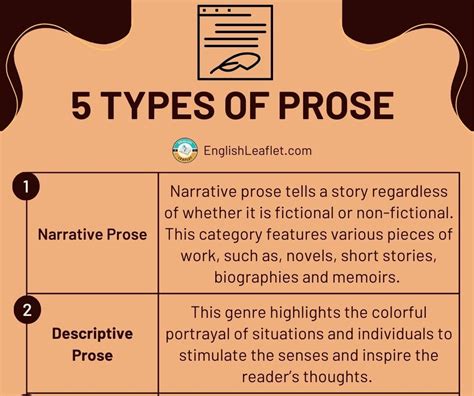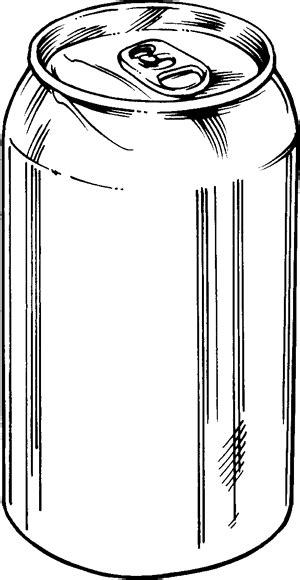The Power of Concise Writing
In the vast landscape of communication, clarity and impact are paramount. Yet, many writers inadvertently dilute their message with an excess of words. Flabby, verbose prose not only bores readers but also obscures your core ideas. Trimming unnecessary words isn’t about shortening your writing; it’s about strengthening it. It’s about ensuring every single word earns its place, contributing meaningfully to the overall message. By honing your ability to identify and eliminate superfluous language, you can transform weak, rambling sentences into sharp, compelling statements.

Identify and Eliminate Filler Words and Phrases
One of the easiest ways to tighten your prose is to excise common filler words and phrases that add no real value. Words like “just,” “really,” “very,” “quite,” “pretty much,” and “sort of” often dilute meaning rather than enhancing it. Similarly, verbose phrases such as “in order to” (use “to”), “due to the fact that” (use “because”), “at this point in time” (use “now”), and “the fact that” are prime targets for elimination. Review your sentences for these linguistic crutches and challenge their necessity. Often, simply removing them will make your sentence punchier without losing any meaning.
Strengthen Your Verbs, Minimize Adjectives and Adverbs
Weak verbs, especially forms of “to be” (is, am, are, was, were, be, being, been), often lead to wordy constructions and passive voice. Replace them with strong, active verbs that convey action and meaning directly. For instance, instead of “The decision was made by the committee,” write “The committee decided.” Similarly, too many adjectives and adverbs can bog down your writing. Instead of saying “He walked very quickly,” consider a stronger verb like “He dashed” or “He sprinted.” Often, a powerful noun or verb can do the work of an adjective/adverb combination, allowing you to show rather than just tell.
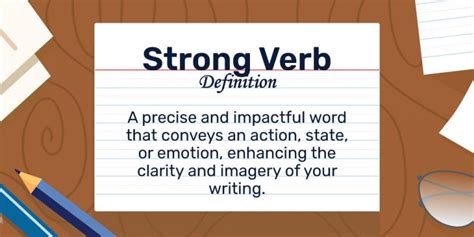
Beware of Redundancy and Tautology
Redundancy occurs when words or phrases repeat a meaning unnecessarily. Common examples include “completely unique” (unique already means one of a kind), “past history” (history is always in the past), “free gift” (gifts are by nature free), “basic fundamentals,” and “end result.” Be vigilant for these tautological pairings. A simple review often reveals words that can be cut without any loss of information, leading to a much more efficient and professional tone.
Trim Prepositional Phrases and Nominalizations
Prepositional phrases (e.g., “of the,” “in the way of”) can make sentences cumbersome. While necessary, too many can be condensed. For instance, “the decision of the committee” can become “the committee’s decision.” Look for opportunities to turn a prepositional phrase into a single word or an adjective. Nominalizations, where a verb or adjective is turned into a noun (e.g., “make a decision” instead of “decide,” “give an explanation” instead of “explain”), also add unnecessary words. Reverting these back to their verb form often makes sentences more direct and concise.
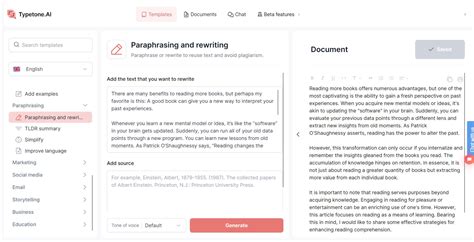
Use “That” and “Which” Judiciously
The words “that” and “which” are often overused and can frequently be omitted, particularly “that” when it introduces a restrictive clause and doesn’t clarify ambiguity. For example, in “She believed that the project would succeed,” “that” can be removed: “She believed the project would succeed.” Learn the distinction between restrictive clauses (which often use “that” and are essential to the meaning) and non-restrictive clauses (which use “which” and are set off by commas, providing additional but non-essential information). Careful use can significantly streamline your sentences.
Read Aloud and Edit Ruthlessly
One of the most effective strategies for identifying wordiness is to read your work aloud. Your ears are often better at catching awkward phrasing, redundant expressions, and unnecessary words than your eyes alone. If a sentence sounds clunky or overly long, chances are it is. Be your own harshest critic. Approach your drafts with a red pen (or the digital equivalent) and be willing to cut words, phrases, and even entire sentences that don’t serve a clear purpose. Remember, every word counts, and those that don’t add to the message detract from it.
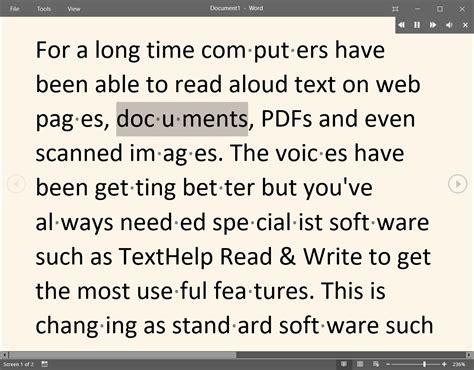
Conclusion
The path to stronger prose is paved with intentional editing and a commitment to conciseness. By actively seeking out and eliminating filler words, strengthening verbs, avoiding redundancy, and streamlining complex phrases, you empower your writing to be more direct, more impactful, and more engaging. This isn’t just about saving space; it’s about respecting your reader’s time and ensuring your message resonates with maximum clarity and force. Practice these techniques consistently, and watch your prose transform from merely informative to truly compelling.

